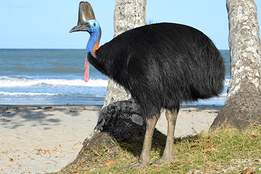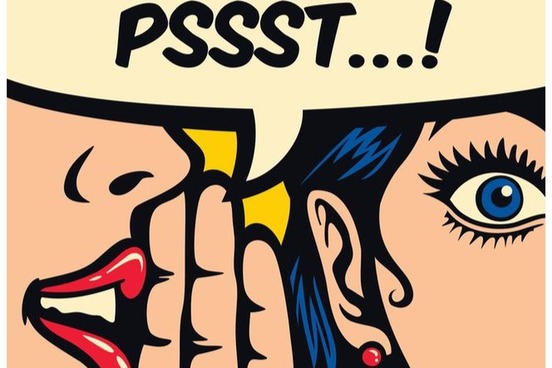
Buzz
Buzz means "a low continuous humming sound like that of a bee" or "speculative or excited talk or attention relating especially to a new or forthcoming product or event."
It's not just bees, or air conditioners, that generate buzz anymore. Before buzz came to mean "excited attention," it meant "rumor or gossip," likely from the murmuring sound of people whispering suggestions to one another. Now it might even be said to connote electronic buzzing, as when a smartphone vibrates with notifications.
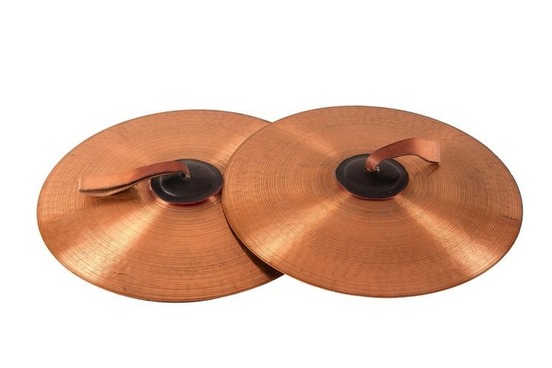
Clash
To clash means to make a noisy, usually metallic sound of collision or to come into conflict or be incompatible.
In a marching band, cymbals might clash to punctuate something or keep rhythm. But sometimes the metallic sound they produce can be jarring on the ears, particularly when you aren't expecting it. That's how clash came to acquire its connotation of opposition or discordance. When armies clash, they fight (perhaps by clanging metal swords); when colors clash, they create a combination that's not easy on the eyes.
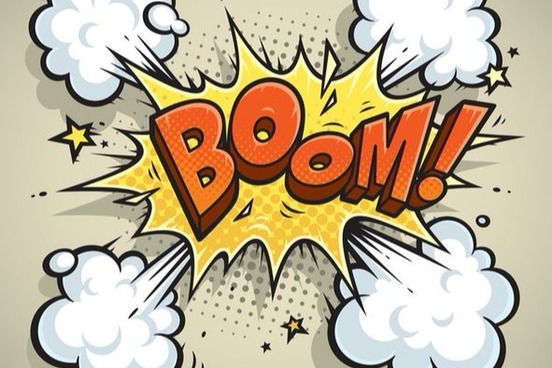
Boom
Boom means "a deep hollow sound," "a rapid expansion or increase," or " an upsurge in activity, interest, or popularity."
Boom derives from the Middle English bomben, bummen, and while it can mean any deep hollow sound, we tend to associate it with the sound of an explosion. A boom in business or population, rather than being destructive, is usually a sharp increase of a sudden nature. It's notable that we use similarly explosive language for other surges of activity, such as when we speak of a meme that "blows up" on social media.
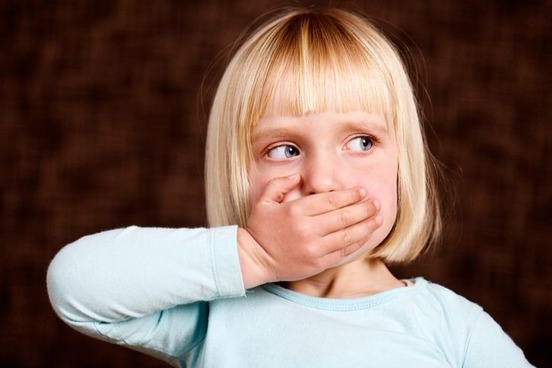
Hiccup
The word hiccup (sometimes spelled hiccough) both describes and imitates the sound made when an involuntary spasm of the diaphragm leads to a sudden closure of the glottis.
Anyone who's had hiccups knows how difficult they can make it when you're trying to relax or even just finish a sentence. Since (most of the time) hiccups are momentary, the term began to see use in the senses of "a slight irregularity" or "a minor interruption" in the middle of the 20th century.
Rose is thrilled to have her daughter home. She is convinced that it is only a mere hiccup in the marriage, and happily serves her daughter cups of her special Paris cocoa, while telling the neighbors a series of very impressive lies about the reason that Midge is spending so much time in the building.
— Arielle Bernstein, The A. V. Club, 5 Dec. 2017
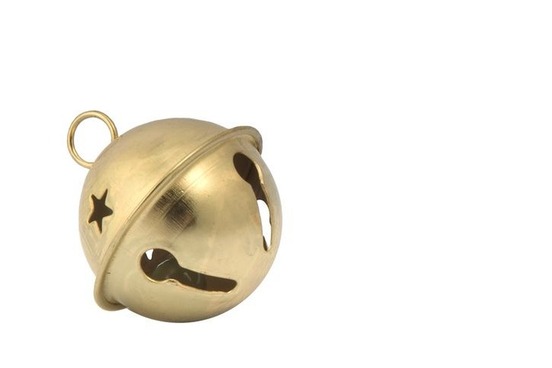
Jingle
Jingle, derived from the Middle English ginglen, describes the light, tinkling sound made by lighter metal objects, such as coins or dog tags. Since sleigh bells create such a sound, we find jingle in a number of Christmas songs.
Before the word came to refer to a catchy song used in advertising, it was used, sometimes with disapproval, for any kind of repetitive sound or effect in a poem (such as assonance or alliteration). Such repeated sounds in a poem likely reminded people of the ringing of a bell.
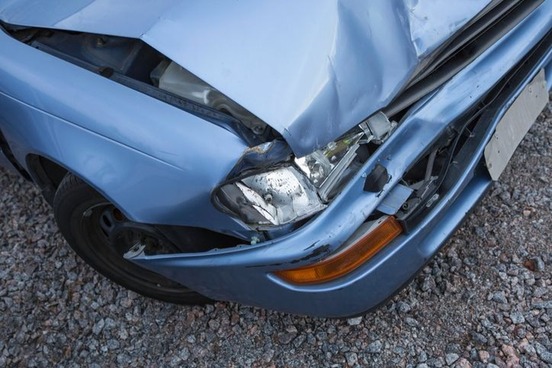
Crunch
Whether you're speaking of corn chips or car bumpers, crunch denotes a pressing or grinding of something hard and unforgiving so that it becomes broken or bent out of shape.
Crunch has taken on a number of sense meanings apart from the sound. It can mean a tight or critical situation (in a crunch to finish the project); an economic squeeze (a credit crunch); or a shortage of a resource much in demand (an energy crunch). You could say that the characteristic that these things share with corn chips or bumpers is that something has to give under the pressure.
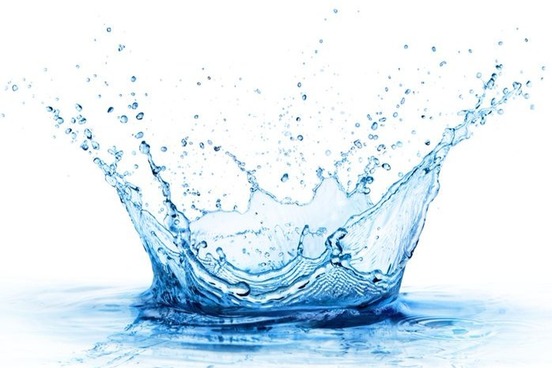
Splash
Splash echoes the sound of something striking or moving about in water, causing it to be displaced or scattered. It is an alteration of the similar plash.
Whether you're in the water or lounging at poolside, it's hard not to notice when somebody does a cannonball off the diving board. So it's no surprise that the idiom make a splash means "to create a vivid impression especially by ostentatious activity or appearance."





